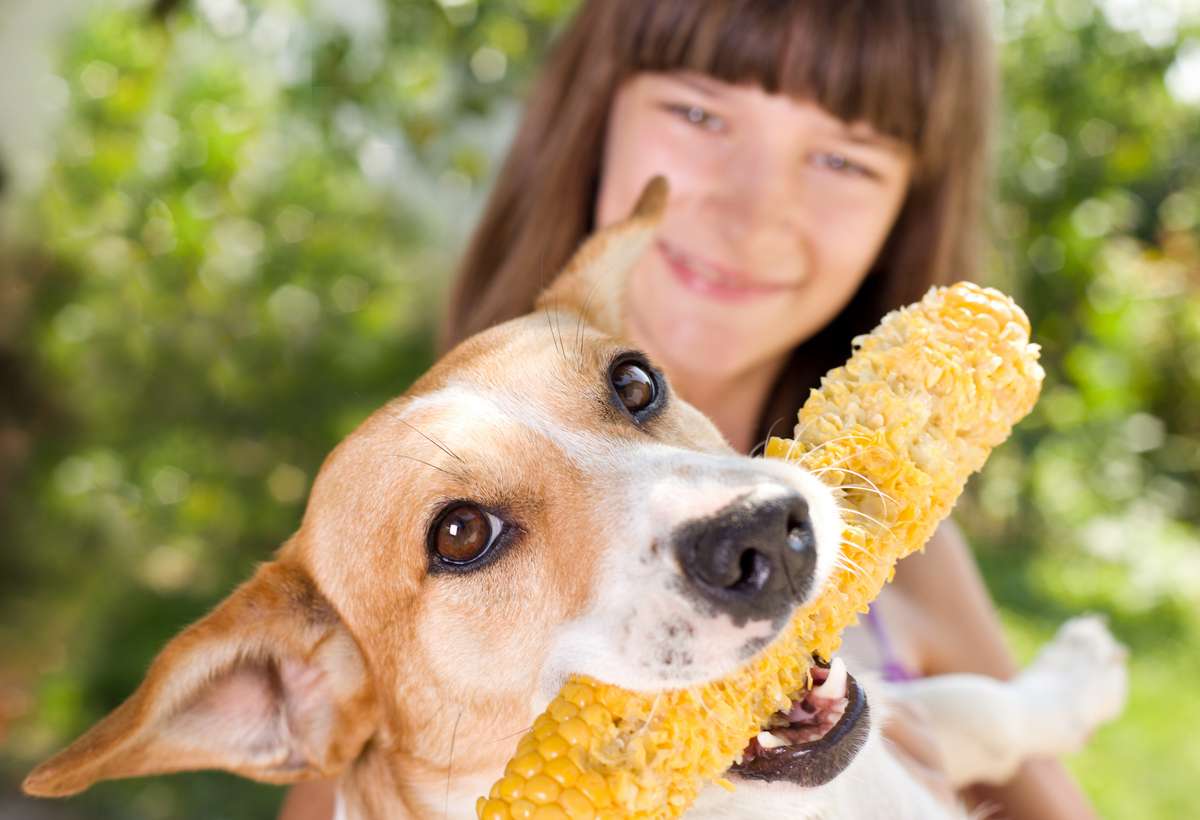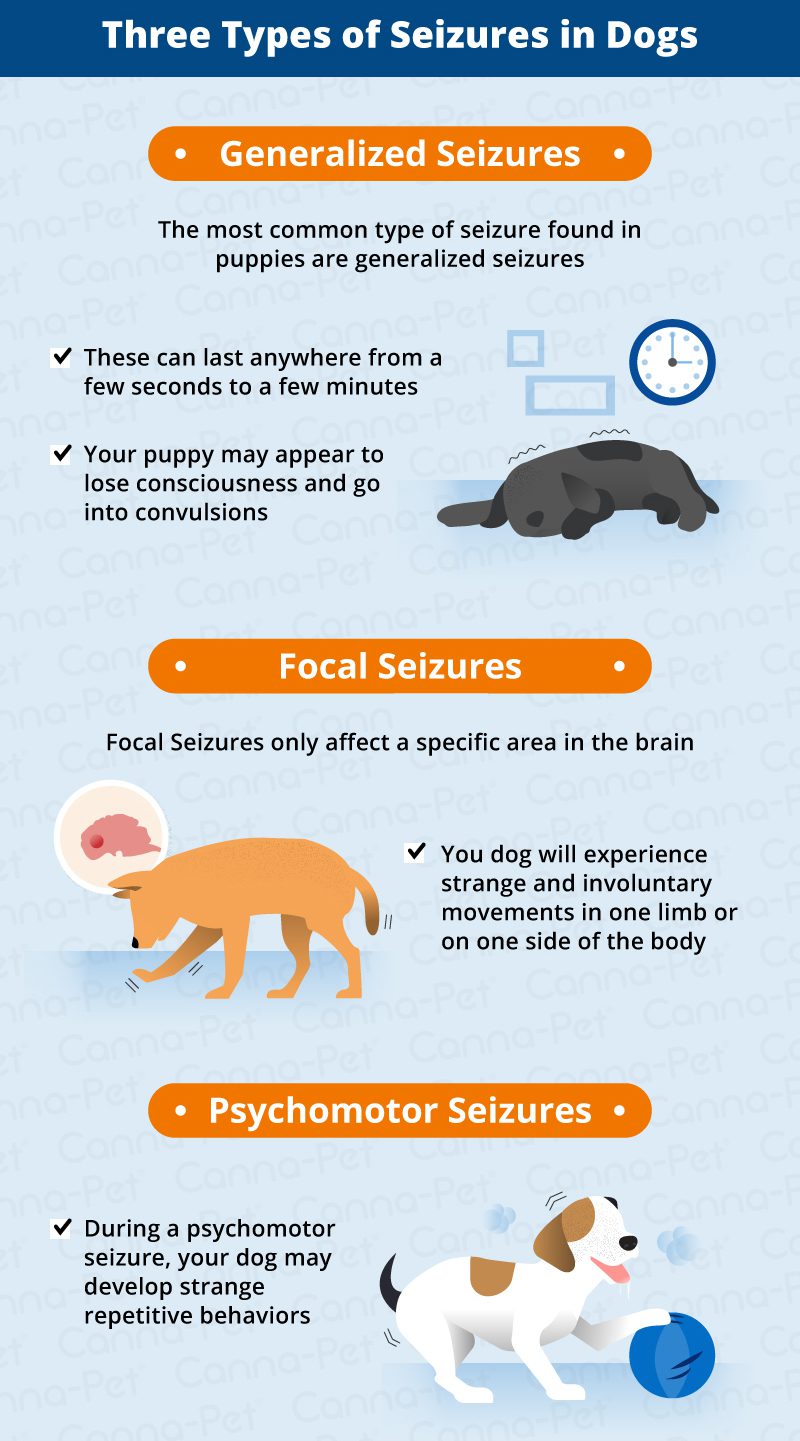Key Takeaways:
- Hypoglycemia in puppies is a condition characterized by low blood sugar levels.
- Puppies are more prone to hypoglycemia due to their small size and high energy needs.
- Common symptoms of hypoglycemia in puppies include weakness, shivering, confusion, and seizures.
- Treatment for hypoglycemia in puppies involves providing them with a quick source of glucose, such as honey or corn syrup.
- Preventing hypoglycemia in puppies involves feeding them frequent small meals and ensuring they have access to water at all times.
Are you a proud owner of an adorable little puppy? If so, then understanding the topic of hypoglycemia in puppies is essential for their well-being. Hypoglycemia, or low blood sugar, can be a serious condition that affects young dogs. By delving into this subject, you will gain valuable knowledge on how to recognize and prevent hypoglycemia in your furry friend. Did you know that puppies are more prone to hypoglycemia due to their small size and high energy levels? This makes it crucial for us to understand the signs and take necessary precautions. So let's dive into the fascinating world of hypoglycemia in puppies and ensure our little companions stay happy and healthy!
Understanding Hypoglycemia in Puppies
Hypoglycemia is a condition that occurs when a puppy's blood sugar levels drop too low. Blood sugar, or glucose, is an essential source of energy for the body. When the levels of glucose in a puppy's body become too low, it can lead to weakness, lethargy, and even seizures. It is important for puppy owners to understand this condition so they can take appropriate measures to prevent and treat it.
What is Blood Sugar?
Blood sugar, also known as blood glucose, is a type of sugar that provides energy to the cells in our bodies. It comes from the food we eat and is transported through the bloodstream to be used by different organs and tissues. In puppies, blood sugar plays a crucial role in providing energy for growth and development.
How Does Hypoglycemia Occur?
Hypoglycemia can occur in puppies due to various reasons. One common cause is inadequate nutrition or irregular feeding schedule. Puppies have high energy requirements and need frequent meals to maintain their blood sugar levels. If they go too long without eating or do not receive enough nutrients from their food, their blood sugar levels can drop.
Another cause of hypoglycemia in puppies is excessive physical activity without sufficient rest or food intake. Puppies are naturally energetic and playful, but they also need time to rest and refuel their bodies with food.
Recognizing Symptoms of Hypoglycemia in Your Puppy
It is crucial for puppy owners to be able to recognize the symptoms of hypoglycemia so they can seek immediate veterinary care if necessary. Early detection and treatment are vital for ensuring the well-being of your puppy.
Common Symptoms of Hypoglycemia
- Weakness and lethargy: Your puppy may seem unusually tired and lack energy.
- Shivering or trembling: Hypoglycemic puppies may experience uncontrollable shaking or tremors.
- Dizziness and stumbling: Puppies with low blood sugar may have difficulty maintaining their balance and coordination.
- Disorientation and confusion: Your puppy may appear confused or disoriented, not responding to commands as usual.
- Seizures: In severe cases, hypoglycemia can lead to seizures, which are characterized by uncontrollable movements and loss of consciousness.
What to Do if You Notice Symptoms
If you notice any of these symptoms in your puppy, it is important to act quickly. Offer your puppy a small amount of food that contains easily digestible carbohydrates, such as honey or syrup. If the symptoms persist or worsen, contact your veterinarian immediately for further guidance and treatment.
Are Some Dog Breeds More Prone to Hypoglycemia?
While hypoglycemia can affect any puppy, certain dog breeds may be more susceptible to this condition. Toy breeds, such as Chihuahuas, Yorkshire Terriers, and Maltese, are known to have a higher risk of developing hypoglycemia compared to larger breeds. This is because toy breeds have smaller bodies and faster metabolisms, which means they require more frequent meals to maintain their blood sugar levels.
Breeds Prone to Hypoglycemia
- Chihuahua
- Yorkshire Terrier
- Maltese
- Pomeranian
- Papillon
Why Toy Breeds are More Prone to Hypoglycemia
Toy breeds have a higher risk of hypoglycemia due to their small size and high energy requirements. Their small bodies have limited storage for glucose, making it easier for their blood sugar levels to drop if they go too long without eating. Additionally, toy breeds tend to have faster metabolisms, which means they burn through energy more quickly and need frequent meals to replenish their glucose levels.
Common Causes of Hypoglycemia in Puppies
Hypoglycemia can be caused by various factors, and understanding these causes can help puppy owners take preventive measures.
Inadequate Nutrition or Feeding Schedule
If a puppy does not receive enough food or has an irregular feeding schedule, it can lead to hypoglycemia. Puppies have high energy requirements and need regular meals to maintain their blood sugar levels. It is important to provide them with balanced and nutritious meals at appropriate intervals throughout the day.
Excessive Physical Activity without Adequate Rest or Food Intake
Puppies are naturally energetic and playful, but they also need time to rest and refuel their bodies. If a puppy engages in excessive physical activity without sufficient rest or food intake, it can deplete their glucose stores and lead to hypoglycemia. It is essential to ensure that puppies have a balance between playtime, rest, and regular meals.
Preventing Hypoglycemia through Proper Diet and Feeding Schedule
The key to preventing hypoglycemia in puppies is to provide them with a proper diet and establish a regular feeding schedule.
Feeding a Balanced Diet
A balanced diet for puppies should consist of high-quality puppy food that provides all the necessary nutrients for their growth and development. It is important to choose a food specifically formulated for puppies, as their nutritional needs differ from adult dogs. Consult with your veterinarian to determine the best diet for your puppy's specific breed and age.
Establishing a Regular Feeding Schedule
Puppies should be fed multiple small meals throughout the day to maintain stable blood sugar levels. A general guideline is to feed them three to four times a day, spacing the meals evenly apart. This ensures that they receive a constant supply of energy and helps prevent drops in blood sugar levels.
Helping Your Puppy Recover from an Episode of Hypoglycemia
If your puppy has experienced an episode of hypoglycemia, it is important to help them recover and prevent future occurrences.
Providing Immediate Treatment
If you suspect your puppy has low blood sugar, offer them a small amount of food that contains easily digestible carbohydrates, such as honey or syrup. This can quickly raise their blood sugar levels. However, it is crucial to seek veterinary care if the symptoms persist or worsen.
Monitoring and Adjusting Diet and Feeding Schedule
After an episode of hypoglycemia, it may be necessary to make changes to your puppy's diet and feeding schedule. Your veterinarian can provide guidance on adjusting the amount and frequency of meals to ensure stable blood sugar levels. Regular monitoring of your puppy's weight and overall health is also important to detect any potential issues early on.
In conclusion, hypoglycemia is a condition that can affect puppies, causing low blood sugar levels. It is important for puppy owners to be aware of the signs and symptoms of hypoglycemia and to provide proper care and treatment to ensure their puppy's health and well-being.
What to do if puppy is hypoglycemic?
If the patient is at home, caregivers can be told to apply corn syrup, honey, glucose syrup, or 50% dextrose to the inside of the mouth, specifically the cheek, and then give the same solution orally once the patient is able to swallow. After that, it is important to seek immediate veterinary medical care.
What causes hypoglycemia in puppies?
What leads to hypoglycemia in dogs? Hypoglycemia in dogs can occur due to excessive insulin exposure, excessive glucose intake, or reduced glucose production in the body.
At what age do puppies get hypoglycemia?
Hypoglycemia, a condition where blood sugar levels drop too low, is commonly observed in toy breed dogs that are under 5 months old. Toy breeds are especially susceptible to this condition because their small size means they have a higher ratio of brain mass to body weight compared to other breeds. As a result, they require more glucose to ensure proper brain function.
Does hypoglycemia go away in puppies?
An hypoglycemic puppy or kitten is typically considered an urgent situation. If the condition is identified and treated early, the outlook for the animal is positive. However, if the animal has been seizing for a long time or is in a coma when brought in, the prognosis becomes more serious.
What is the fading puppy syndrome?
Fading puppy syndrome is a condition where puppies pass away suddenly and without warning. These puppies appear healthy and normal at birth but gradually decline and die within one to three weeks. The exact cause of death is unknown as the puppies are otherwise in good health.
How long does hypoglycemia last in dogs?
What is the duration of hypoglycemia in dogs? Hypoglycemia persists until sufficient glucose is supplied to the organs that lack this energy source. The time it takes to recover depends on how low a pet's blood sugar has dropped and how long it has remained low.

















